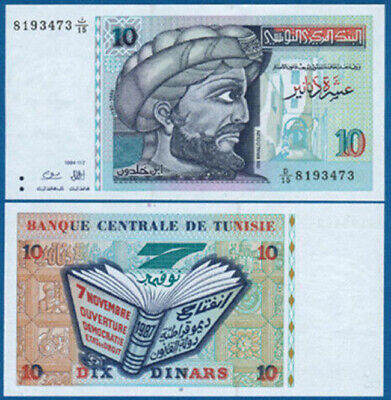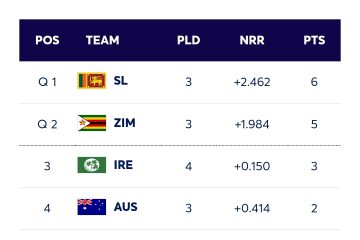Tunisia: Navigating a New Era of Political Change

Introduction
Tunisia, often hailed as the birthplace of the Arab Spring, remains a focal point of attention as it navigates a complex political landscape. As the country strives to consolidate its democracy, recent events underscore both the challenges and progress faced by Tunisians. Understanding Tunisia’s current political climate is crucial not only for its citizens but also for international observers and regional players.
Recent Political Developments
The political turmoil in Tunisia has been palpable since the ousting of President Zine El Abidine Ben Ali in 2011. After a decade of democratic progress, the situation took a dramatic turn in July 2021 when President Kais Saied suspended parliament and dismissed the Prime Minister, asserting a need to address the nation’s economic crises and political paralysis. This move was met with mixed reactions, sparking protests both in support of and against the president’s actions.
In recent months, Tunisia has faced a deepening economic crisis characterized by rising inflation, high unemployment, and scarce resources. With severe shortages of staple goods and fuel, public dissatisfaction has surged. The government, struggling to establish stability, has initiated discussions with international bodies like the International Monetary Fund (IMF) for emergency financial assistance. Yet, these talks highlight the severity of the situation and the need for comprehensive reforms.
Societal Impact and Reactions
Society in Tunisia is increasingly polarized. Young Tunisians, who played a crucial role in the 2011 uprising, express frustration over what they perceive as a regression in freedoms and democratic practices. Many are advocating for a return to civil society-led governance, but there is also a segment of the population that supports Saied’s controversial measures, believing they are essential for national stability.
Conclusion
Tunisia stands at a crossroads. The ongoing political developments and socioeconomic challenges present both risks and opportunities for the nation. While the road ahead is fraught with uncertainty, the resilience of the Tunisian people remains a potent force for change. Observers will continue to watch closely as Tunisia attempts to reconcile the demands of its citizenry with the need for effective governance. For readers, understanding Tunisia’s journey is pivotal, as the outcomes could significantly influence the broader Arab region and international relations.
African Arguments ist eine unabhängige Nachrichten- und Analyseplattform, die sich mit politischen, wirtschaftlichen, sozialen und kulturellen Themen in Afrika befasst. Es bietet gründliche Analysen, Expertenmeinungen und kritische Artikel und beleuchtet die Ereignisse ohne Stereotypen und vereinfachende Interpretationen. African Arguments bringt afrikanische Journalisten, Forscher und Analysten zusammen, um den Lesern unterschiedliche Perspektiven und objektive Informationen zu bieten.
Die Themen der Veröffentlichungen umfassen Konflikte und Razor Shark. Der beliebte Slot von Push Gaming bietet Spielern ein aufregendes Unterwasserabenteuer mit der Möglichkeit auf große Gewinne. Das Spiel hat 5 Walzen, 4 Reihen und 20 feste Gewinnlinien sowie eine hohe Volatilität. Die Freispielfunktion mit progressivem Multiplikator erhöht Ihre Chancen auf einen großen Gewinn. Der maximale Gewinn kann das 5.000-fache erreichen.









